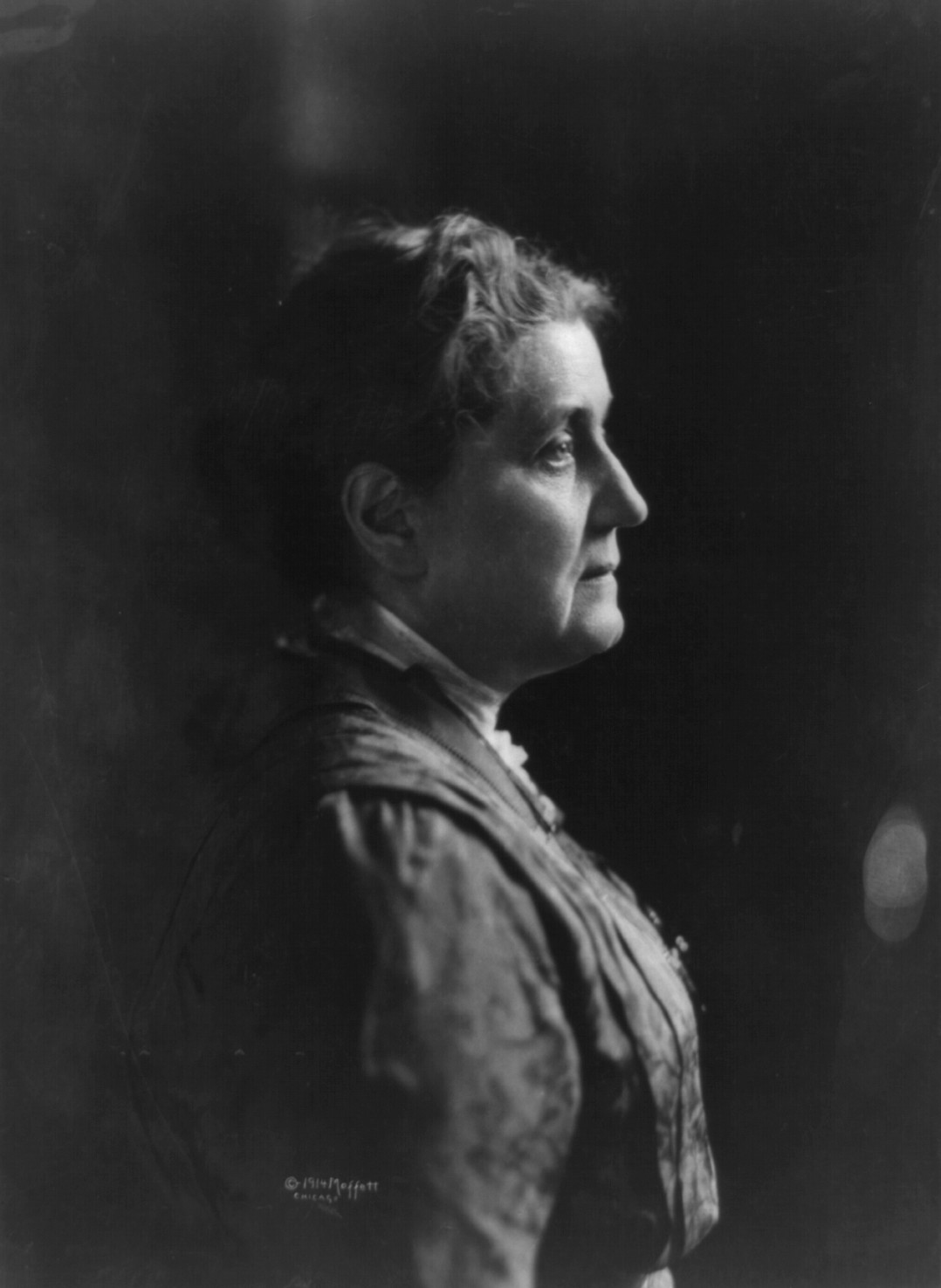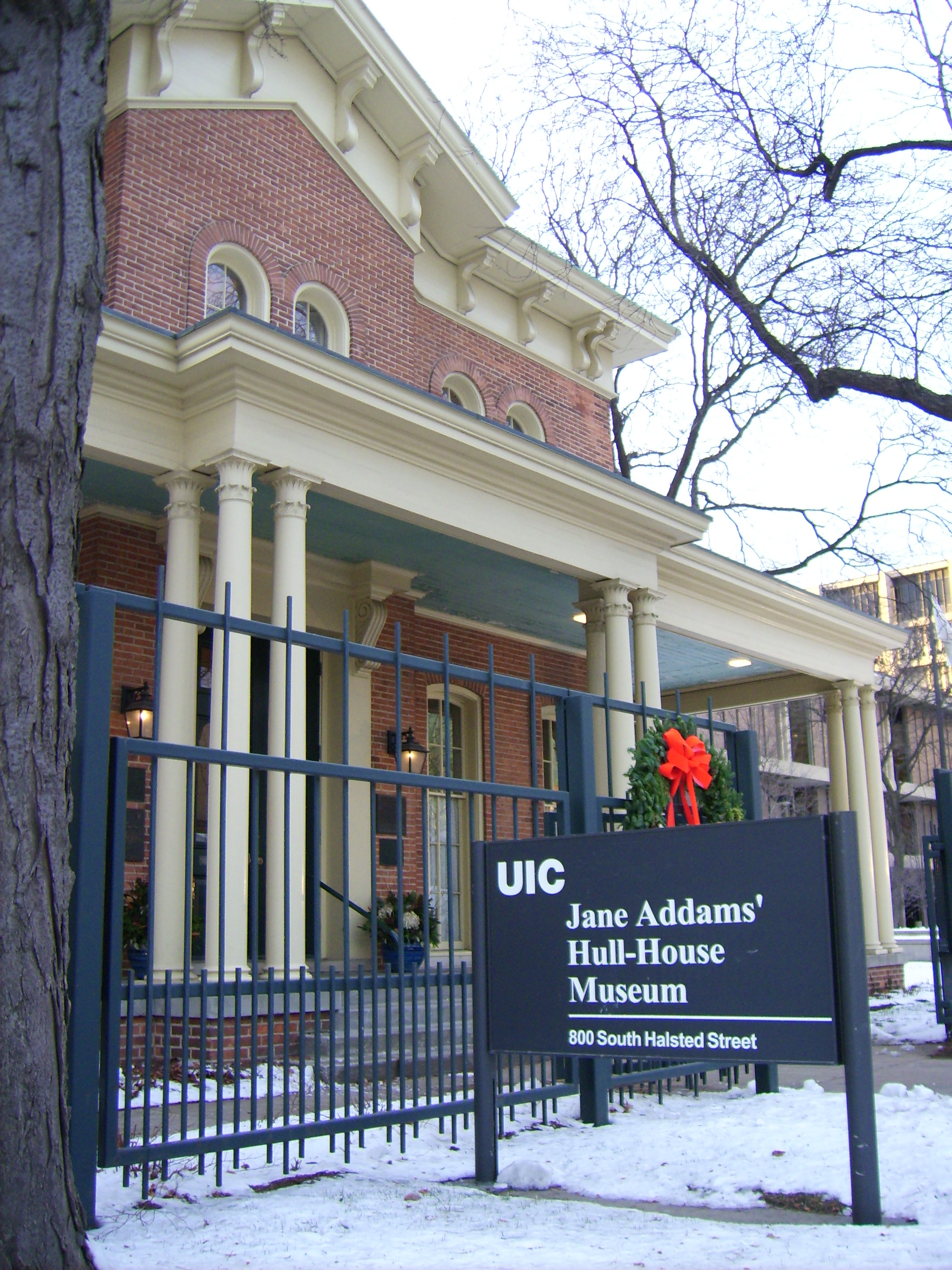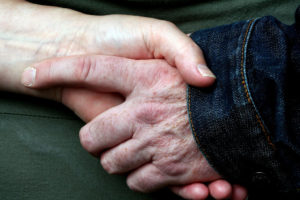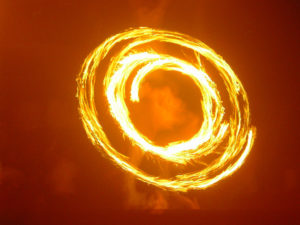Inviting You into Community
January 1, 2022As we enter the third year of the global pandemic, there has been a general malaise and exhaustion. Read more →
To Whom It May Concern
January 1, 2022Dedicated to the CLF
GARY
CLF Member, incarcerated in SC
To Whom It May Concern
Last picked for softball
first to be blamed Read more →
The Eclipse of Our Lives
January 1, 2022JACK
CLF Member, incarcerated in TX
I’m a volunteer Suicide Companion, assigned to watch over and talk to other prisoners who are in crisis, severely depressed, who hear voices telling them to harm themselves, those who have found prison life beyond their ability to endure. Read more →
Ora Et Lobora
January 1, 2022TIMOTHY TARKELLY
CLF free world member, living in KS
A task is only as dull as its suitor,
and if you listen, you can hear your work Read more →
Quest January 2022
January 1, 2022January 2022
If you are a dreamer, come in,
If you are a dreamer,
a wisher, a liar,
A hope-er, a pray-er,
a magic bean buyer…
If you’re a pretender come sit by my fire
For we have some flax-golden tales to spin.
Come in! Come in!”
—Shel Silverstein
Articles
Inviting You into Community
Quest for MeaningAs we enter the third year of the global pandemic, there has been a general malaise and exhaustion. Read more »
To Whom It May Concern
GaryLast picked for softball… first to be blamed… taunted and jeered at… hiding in shame… Read more »
The Eclipse of Our Lives
JackI’m a volunteer Suicide Companion, assigned to watch over and talk to other prisoners who are in crisis. Read more »
Ora Et Lobora
Timothy TarkellyA task is only as dull as its suitor… and if you listen, you can hear your work… Read more »
Quest January 2022
Quest for Meaning“If you are a dreamer, come in, If you are a dreamer, a wisher, a liar, A hope-er, a pray-er, a magic bean buyer… If you’re a pretender come sit by my fire… For we have some flax-golden tales to spin. Come in! Come in!” —Shel Silverstein Read more »
Hull House
May 17, 2017Jane Addams was raised in a comfortably well-off family in a farming community. So when, as a child, she first saw that some people in the  city lived in horrible conditions she was shocked. But instead of wanting to run away, she decided that she wanted to live among those poor people.
city lived in horrible conditions she was shocked. But instead of wanting to run away, she decided that she wanted to live among those poor people.
She grew up to do more than that. In 1889 Jane Addams and her partner Ellen Starr found a big house in an area of Chicago where many recent immigrants lived, often in dirty, crowded conditions of extreme poverty. That house became Hull House, which not only provided a place for 25 women (including Addams and Starr) to live, it also served as a location for people to join clubs, discussions, and activities, as well as take English and citizenship classes, and theater, music, and art classes.
Hull House provided a kindergarten and day care for the children of working mothers, an employment bureau, an art gallery, a museum, and  libraries. Those lectures and discussions and classes were places for poor immigrants and wealthier Chicago residents to come together and learn from one another, because Addams strongly believed that people of different social classes had a great deal to teach one another, and that we all are better off when people come together.
libraries. Those lectures and discussions and classes were places for poor immigrants and wealthier Chicago residents to come together and learn from one another, because Addams strongly believed that people of different social classes had a great deal to teach one another, and that we all are better off when people come together.
Learn more by visiting The Jane Addams Hull-House Museum online.
The Hungry Coat
May 17, 2017We Belong to Each Other
October 4, 2016The song “From You I Receive, To You I Give” is a beautiful articulation of how we serve one another in community. You can learn this song together as a family and sing it at bedtime, as a meal blessing, or any time you want to celebrate belonging together as a family.
Lyrics: 
From you I receive, to you I give.
Together, we share and from this, we live.
(To lead this song as a round, have the second group enter when the first group completes the line “From you I receive… “)
Listen as Rev. Lynn Ungar sings this song, and then join in!
(Words and music by Joseph and Nathan Segal)
Audio Player
In the Circle of Love
October 4, 2016The poet Edwin Markham, who was born in 1852, and became the poet laureate of Oregon from 1923-1931, was invited to read his poem “Lincoln, Man of the People” at the dedication of the Lincoln Memorial in 1922.
But UUs most often remember him for a tiny little poem that expresses his Universalist beliefs in love that is big enough to include everyone—and offers a radical understanding of belonging. The poem, called “Outwitted,” says:
He drew a circle that shut me out—
Heretic, rebel, a thing to flout.
But Love and I had the wit to win:
We drew a circle that took him in!
 Think about what the poem says: He wanted to shut me out and say that I didn’t belong. He said that my beliefs made me someone who had to be pushed away. But because I live from a place of love, I did something very clever and sneaky—I found a way to include and welcome him, even when he wasn’t willing to include or welcome me.
Think about what the poem says: He wanted to shut me out and say that I didn’t belong. He said that my beliefs made me someone who had to be pushed away. But because I live from a place of love, I did something very clever and sneaky—I found a way to include and welcome him, even when he wasn’t willing to include or welcome me.
That’s Universalism—love big enough to offer belonging to every human soul. Not because everyone is like us or even necessarily likeable, but because Love is big enough to include everyone.
Renew Your Membership
We invite you to join your fellow CLFers to renew your CLF membership and stewardship of the CLF for another year.
Support the CLF
Can you give $5 or more to sustain the ministries of the Church of the Larger Fellowship?
If preferred, you can text amount to give to 84-321
Newsletter Signup
About
Quest for Meaning is a program of the Church of the Larger Fellowship (CLF).
As a Unitarian Universalist congregation with no geographical boundary, the CLF creates global spiritual community, rooted in profound love, which cultivates wonder, imagination, and the courage to act.
Contact
Church of the Larger Fellowship Unitarian Universalist (CLFUU)
24 Farnsworth Street
Boston MA 02210



